Jeff O’Keefe, Division of Drinking Water - SWRCB, presenting at Babcock Labs’ TEAM Event on PFAS
This month Babcock Labs held a sold-out TEAM Event on PFAS regulatory updates and monitoring insights. Our guest speakers, Southern California Section Chief Jeff O’Keefe (Division of Drinking Water, State Water Resources Control Board) and Drinking Water Practice Leader Rob Little (Woodard & Curran) shared their expertise and answered attendee questions. During his presentation, Mr. O’Keefe reminded attendees that Phases II and III of the State Board’s Phased Investigation Approach are forthcoming, planned for Summer and Fall of this year.
Phase I is currently in progress, as this is the first monitoring quarter. Phase I impacts airports with training/fire response sites and drinking water wells within a 2-mile radius; municipal solid waste landfills and drinking water wells within a 1-mile radius; and impacted drinking water sources identified by the 2013-2015 Third Unregulated Contaminant Monitoring Rule (UCMR 3) monitoring efforts and adjacent small drinking water systems within a 1-mile radius. Each phase targets a source well that will be monitored quarterly for a year.
Phase II will focus on sites that manufacture PFAS; refineries, bulk terminals, and non-airport fire training areas; and urban areas recently affected by wildfires. The State Board is in the process of verifying that there are no primary PFAS manufacturing facilities in California, in which case the focus will largely be on the other site types. Samples will be collected from surrounding drinking water wells.
Phase III, which will affect dischargers as well as wastewater treatment and pre-treatment plants, is planned to commence by late summer or early fall. PFAS workplans are due this month and the State Board plans to review and accept them by July. More specific dates and details concerning Phases II and III will be released soon.
Babcock Laboratories’ testing capabilities include the 14 compounds identified in EPA Method 537 Rev 1.1, as well as the 18 target analytes for EPA Method 537.1. Babcock Labs also has experience using other methods appropriate to non-potable matrices, such as landfill leachates, condensates, and groundwater. To ensure that your organization meets its PFAS monitoring requirements under the State Board’s Phased Investigation Approach, contact us today about PFAS testing services.

